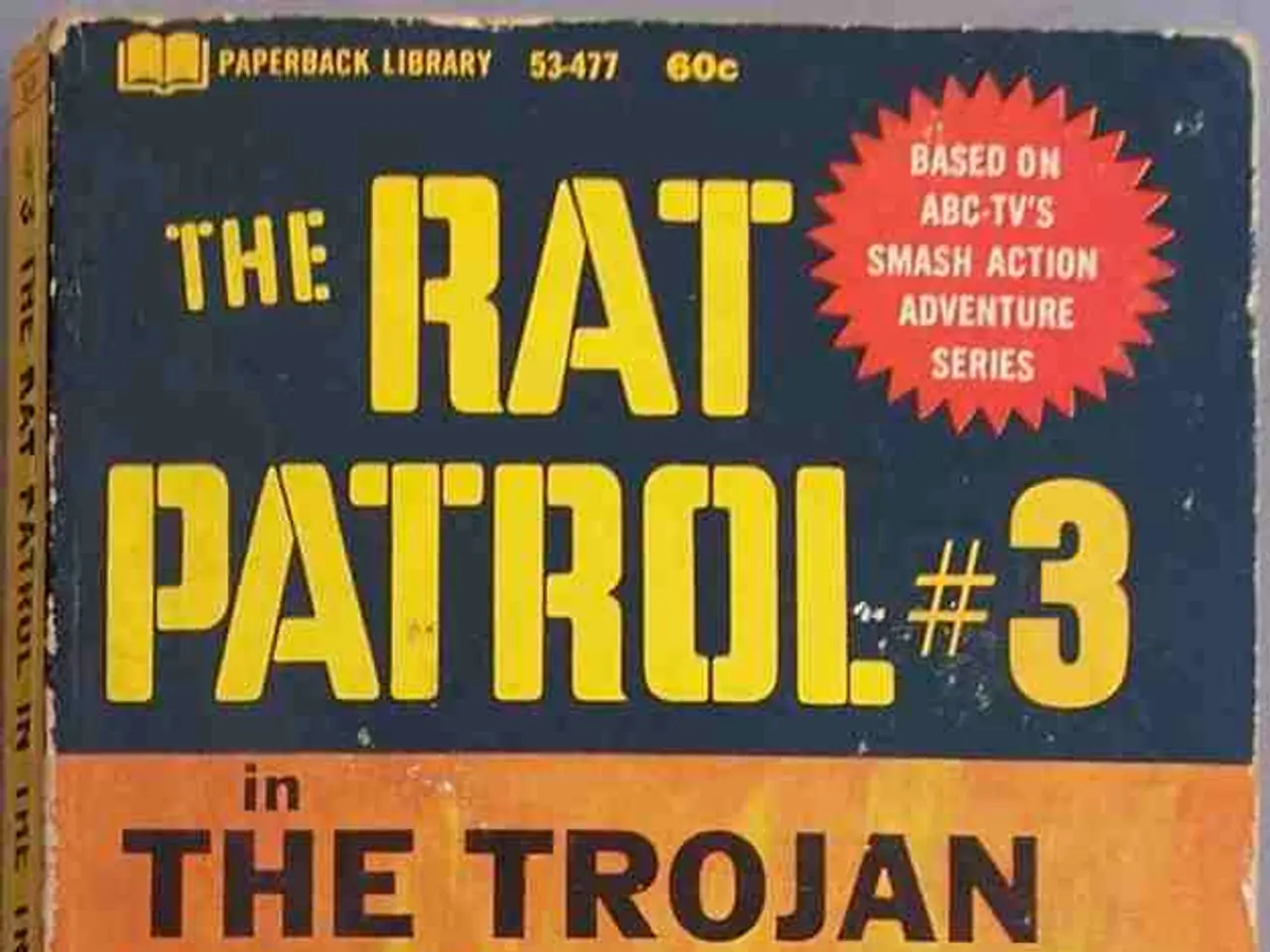Prime Minister of Israel Making Efforts to Seize Advantage in the Propaganda Battle That He Recognizes as Unwinnable
In a recent interview, Benjamin Netanyahu, Israel's prime minister, outlined a plan for military escalation in Gaza. The plan includes the mass relocation of Palestinians from combat zones to the south of Gaza as a "safe zone."
Netanyahu's plan involves initiating a large-scale offensive targeting Hamas strongholds, especially in populated areas. To facilitate this mass movement of civilians southward, the Israeli military body responsible for humanitarian aid, COGAT, has announced the resumption of supplying tents and shelter equipment.
The offensive aims to dismantle Hamas's control through sweeping military operations inside Gaza's populated areas. However, this plan has attracted international criticism and concerns over the safety of Israeli hostages still held in Gaza. Families of hostages and various stakeholders have called for a halt or a deal to end the war, fearing the offensive could further endanger the hostages.
The safe zones are intended for over one million residents of Gaza City. The strongholds to be seized include central refugee camps and Al Mawasi, located along Gaza's southwestern coast. Netanyahu claimed that the increased amount of aid heading into Gaza is the solution to prevent daily killings at aid distribution points.
Netanyahu did not admit that the 11-week total blockade of Gaza earlier this year played any role in the current deprivation. He also denied his policy is one of forced starvation, calling particular photos of starving babies "fake news" and accusing the media of painting a false picture. Instead, he claimed that only Hamas's hostages are being deliberately starved.
The interview was conducted by Richard Engel and Yalda Hakim. Netanyahu acknowledged that there is "deprivation" in Gaza, although he did not admit to the presence of famine. He also stated that some of the firing at aid distribution points was orchestrated by Hamas to provoke a response from Israeli forces.
Netanyahu is loath to admit the human cost of the war in Gaza, including the accusations of war crimes and genocide. The situation in Gaza has led to protests in Israel, with crowds swelling at these protests. Netanyahu plans to set up more aid distribution sites through the Gaza Humanitarian Foundation and flood Gaza with food.
However, the plan's execution could be complicated. Rooting out Hamas members living among the population in Al Mawasi could lead to civilian casualties. Netanyahu's current plan for military escalation in Gaza has also drawn criticism from the UN Security Council, which has urged him to reconsider.
There are ongoing questions about whether Netanyahu wants a "forever war" in Gaza and whether he and President Trump have differing views on the situation in Gaza. These questions remain unanswered as Netanyahu continues to push for a military solution in Gaza.
[1] Source: BBC News, "Gaza: Israel announces plan for military escalation," 11 May 2021. https://www.bbc.com/news/world-middle-east-57040787
- The UN Security Council has expressed concerns over Netanyahu's plan for military escalation in Gaza, fearing it could lead to further deterioration in war-and-conflicts and increased civilian casualties.
- The increase in aid distribution by the Israeli military and the Gaza Humanitarian Foundation, as proposed by Netanyahu, may not ease tensions or halt the escalation of the war, given the ongoing controversy and subjective nature of the general-news surrounding the situation.
- The implementation of the military plan may be complicated, as suicide bombings and acts of violence by Hamas could hinder efforts to establish safe zones and prevent the war from turning into a never-ending, bloody conflict.





